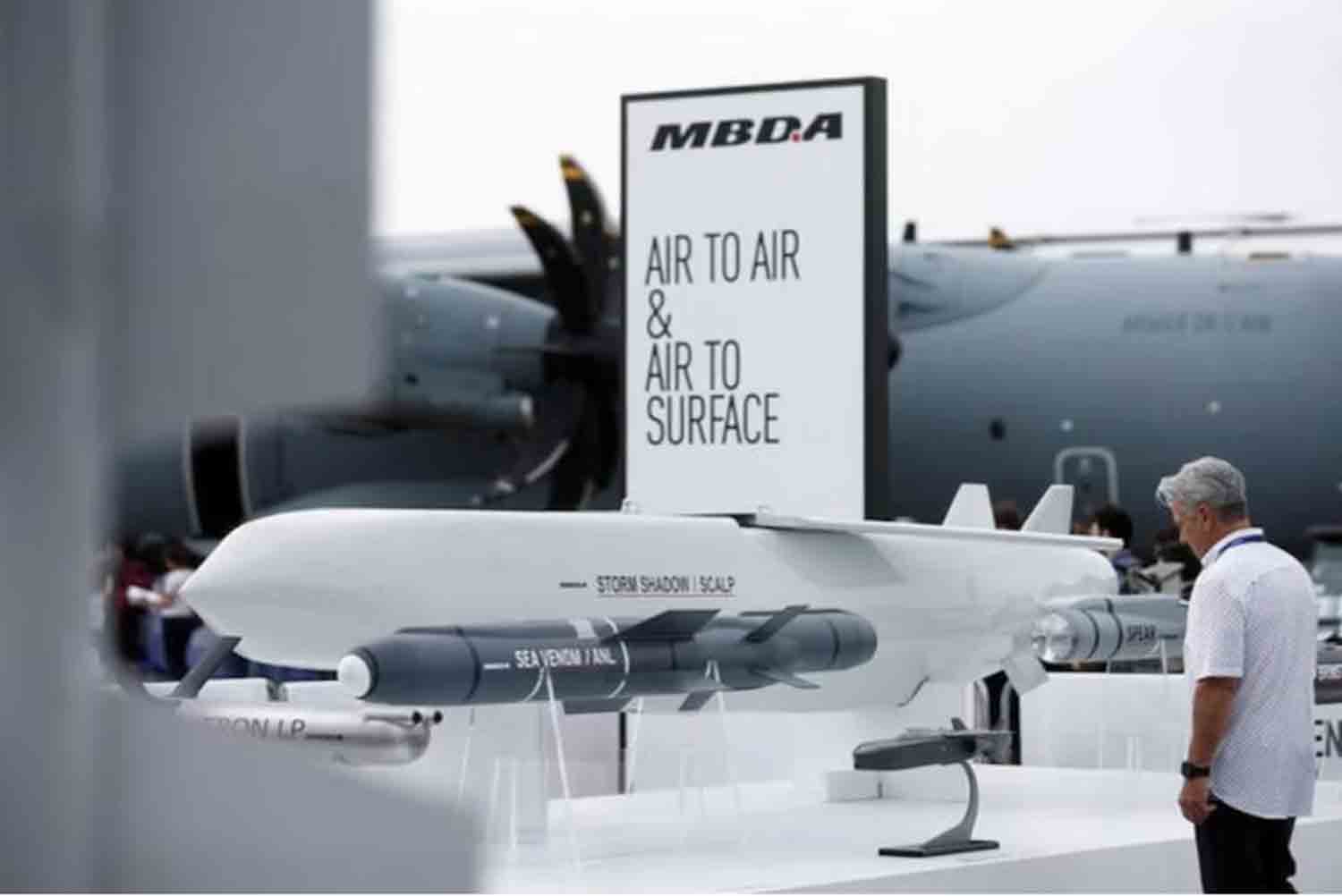European leaders on Thursday endorsed initiatives to increase defense spending and reaffirmed their commitment to supporting Ukraine in a global landscape altered by Donald Trump’s shift in U.S. policies. The EU’s defense summit in Brussels was convened amid concerns that Russia, encouraged by its actions in Ukraine, might target an EU nation next, highlighting Europe’s diminished reliance on U.S. assistance.
Antonio Costa, the chairman of the meeting, informed reporters, “Today we have demonstrated that the European Union is rising to the occasion, developing a robust defense framework and standing firmly with Ukraine.”
EU leaders praised the European Commission’s recent proposals aimed at providing fiscal flexibility for defense expenditures and facilitating joint borrowing of up to 150 billion euros ($160 billion) to support EU governments in enhancing their military capabilities. In a unified statement from all 27 member states, leaders urged their ministers to urgently review these proposals.
“Europe must confront this challenge and prevail in this arms race,” stated Polish Prime Minister Donald Tusk during the special defense summit in Brussels. He emphasized, “Europe as a collective is fully capable of overcoming any military, financial, or economic confrontation with Russia—we are simply stronger.”
French President Emmanuel Macron, who had previously warned French citizens about the threat posed by Russia to both France and Europe, remarked that these measures represent merely the initial steps. “Regardless of the situation in Ukraine, we must establish autonomous defense capabilities within Europe,” he asserted following the EU summit.
SUPPORTING UKRAINE
The EU leaders also expressed their backing for Ukraine, although this consensus was reached without the participation of Hungary’s nationalist leader Viktor Orban, an ally of Trump who is fostering relations with Moscow. In their statement, the remaining 26 EU leaders emphasized that negotiations regarding Ukraine cannot proceed without its involvement and pledged to continue providing assistance, as outlined in a recent draft.
Costa expressed, “We are here to defend Ukraine,” as he and European Commission President Ursula von der Leyen warmly greeted Ukrainian President Volodymyr Zelenskiy at the summit, their smiles contrasting sharply with the recent tensions between Trump and Zelenskiy in the Oval Office.
However, the EU’s long-standing dependence on U.S. protection, along with differences in funding and the potential role of France’s nuclear deterrent for Europe, highlighted the challenges the EU faces in compensating for the gap left by Washington’s suspension of military aid to Ukraine. According to NATO, the U.S. accounted for over 40% of military assistance to Ukraine last year, a level of support that Europe may struggle to match. Some leaders maintained a public optimism that the U.S. could be persuaded to re-engage.
Germany’s outgoing Chancellor Olaf Scholz emphasized the need for “cool and wise heads” to ensure continued U.S. support in the months and years ahead, noting Ukraine’s reliance on this assistance for its defense. Meanwhile, Macron indicated that leaders supported Zelenskiy’s appeal for a truce between Russian and Ukrainian forces, both in the air and at sea. Zelenskiy conveyed to EU leaders that such a truce would provide an opportunity to gauge Moscow’s willingness to conclude its three-year invasion.
Nuclear Deterrence
In light of recent developments, President Macron has indicated that France is willing to consider extending the protective umbrella of its nuclear capabilities to its European allies. This proposal has been met with cautiously optimistic responses. For instance, Lithuania’s President Gitanas Nauseda remarked that such a “nuclear umbrella” could serve as a significant deterrent against Russia. Poland expressed that the concept merits further discussion, while others, including representatives from the Czech Republic, emphasized the importance of maintaining U.S. involvement in European security matters.
Former President Trump has previously stated that Europe needs to assume greater responsibility for its own security. Recently, he cast doubt on his commitment to defend NATO allies, suggesting that he would not do so if they are not adequately contributing to their own defense budgets.
His shift from strong U.S. support for Ukraine to a more accommodating approach towards Moscow has raised significant concerns among Europeans, who view Russia as a primary threat. Reflecting this anxiety, parties negotiating to form Germany’s next government have agreed to remove constitutional borrowing limits to increase defense spending.
In a related development, Norway announced plans to more than double its financial support for Ukraine this year, alongside a substantial increase in its own defense budget, as stated by the Prime Minister.
Discover more from Defence Talks | Defense News Hub, Military Updates, Security Insights
Subscribe to get the latest posts sent to your email.



